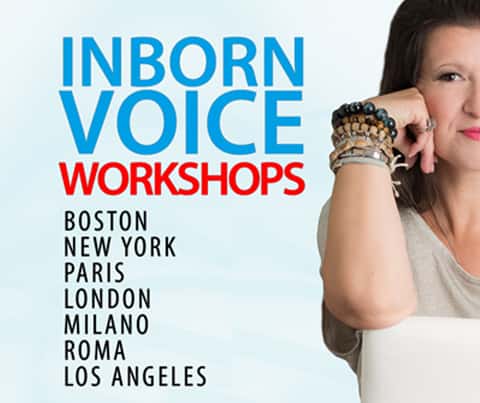Why do people raise their voices when they are upset?
Philosophy, psychology, and common sense have tried to give some kind of explanation as to why when we are in an altered state of aggression, fear, or joy, we tend to raise the volume of our voice disproportionately.
First of all, it is appropriate not to consider behaviors that may very well be “transmitted” or acquired by observing others. Certainly those who grew up in an aggressive environment may have learned that to intimidate people it is sufficient to raise the volume of the voice. A bit like howler monkeys, the one who screams the loudest usually has the upper hand not because his voice overpowers the others, but because typically those who have learned to use their voice aggressively have done so as a passive subject subject to the aggression of someone else and know perfectly well that it is good to be quiet and not respond when someone attacks us with words.
So let’s go and see why we raise our voice in moments of fear and joy, perhaps we will also have a way to understand why we raise our tone of voice even when we are aggressive. In fact in these two moments, when they are genuine and not filtered by conscious thought, they are completely instinctive. They even emit screams of fear or joy and there is no doubt that the underlying intention is to be heard, loud and clear, by everyone or at least by those who are within reach. So is this the communicative intention behind raising one’s voice? The will to be heard?
Not so. In fact this instinct is primordial, that is linked to something ancestral, in fact it is unrelated to the reality that surrounds us. People shout in fear or joy even when they know there is no one there to hear, in fact some people can’t help but do it, a bit like blushing. You raise your voice because the intensity, the volume, the tone of your Inborn Voice becomes so clear and loud that in order for the sound of your voice to overpower it, you have to raise the volume. It’s a bit like speaking at a concert or other noisy venue: it’s instinctive to turn up the volume. Anyone who knows and works with the Inborn Voice method and begins to listen to and learn about their own Inborn Voice knows exactly what I am trying to explain.
So the tone of your voice and its volume rise to overpower the volume of your “internal” emotion and reflect it outwardly. When one is aggressive, the same thing happens. Within an aggressive person there is an inner voice that wants to be heard. The difference with someone who feels fear or joy is that this Inborn Voice does not want to be heard by others. In this case it wants to be heard by the very person who is in an altered state. It is probably telling him not to be aggressive, not to be afraid, to learn to listen to others. We can’t know, but if you suffer from this “problem” or know someone who does and can’t control it, the Inborn Voice method may help them.
By learning to listen to your Inborn Voice and letting it resonate in the world, everything around you will change. Everything will improve. Not because there will be some miraculous inner growth, but because you will learn to express who you really are in this world.
Take the first step!
We offer world-class training to improve your personal, social and business communication skills. We specialize in presentations, leadership, media training, interviewing and Executive speaking.
Inborn Voice shapes tomorrow's leaders.
Book your first online Voice Assessment session by clicking the button below!
Any questions? We'll get back to you!
Are you looking to improve your voice with individual lessons, classes, or have any questions?
Fill out the form below!
and Mylena Vocal Coach:
Leave a Comment








4 Comments
Hey very cool website!! Beautiful & Amazing! thanks for sharing I will try to check my voice next time I’m upset!!
WOW just what I was searching for!
Muchos Gracias for your post. Really looking forward to read more!
Have you ever considered creating ann e-book about this topic?